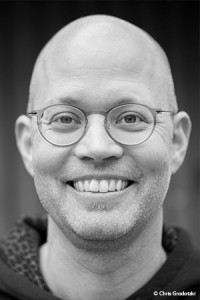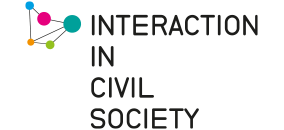
Dr. Simon Teune
Coordinator for the transdisciplinary exchange
with partners from civil society and politics
Mail: simon.teune@fu-berlin.de
Websites:
www.polsoz.fu-berlin.de
Short Vita
I am a research associate in the Collaborative Research Center intervenierende Künste and a board member of the Institute for the Study of Protest and Social Movements.
What I find exciting about this research initiative
In the German discussion, “social cohesion” is first and foremost a political term that is used with a high normative load. It has been positioned to deal with the growing polarization that followed populist mobilizations both in the streets and at the ballot boxes. The implication is that social cohesion will be the cure to conflicts and ideological stiffening. Research in this field is following a subsequent boost in funding. Reminiscent of the debate about civil society in the 1990s and 2000s it is now time to go beyond the wishful thinking of political decision-makers and take a sober empirical look at the ways in which cohesion is constructed in social interaction. Our research initiative has an important offer to make in the emerging research on cohesion as it understands cohesion as a social process mediated by collectives that create proximity and solidarity but at the same time boundaries and exclusion.
What my discipline can contribute to this research initiative
Sociology helps to understand the collective sense-making of people and the actions that follow. That is why sociological approaches are key to our project. Social groups and factions in which social cohesion emerges are not given by nature or divine providence. These social entities are produced in interaction and linked to both inclusion and exclusion. Social cohesion can and should be understood as a result of such processes that are bound to social conflicts and relations of power. Sociological thinking and sociological methods have been developed to understand exactly that.

